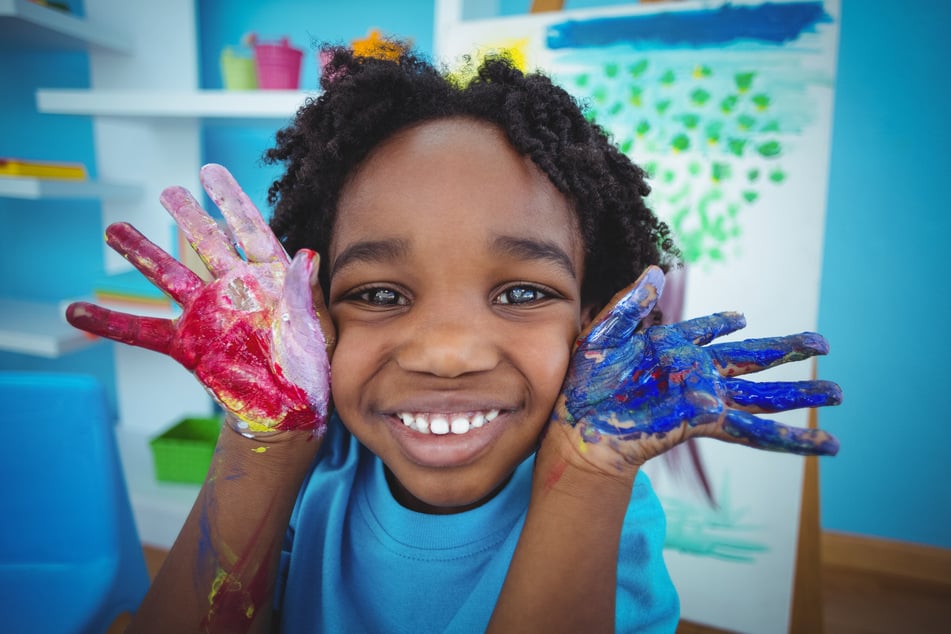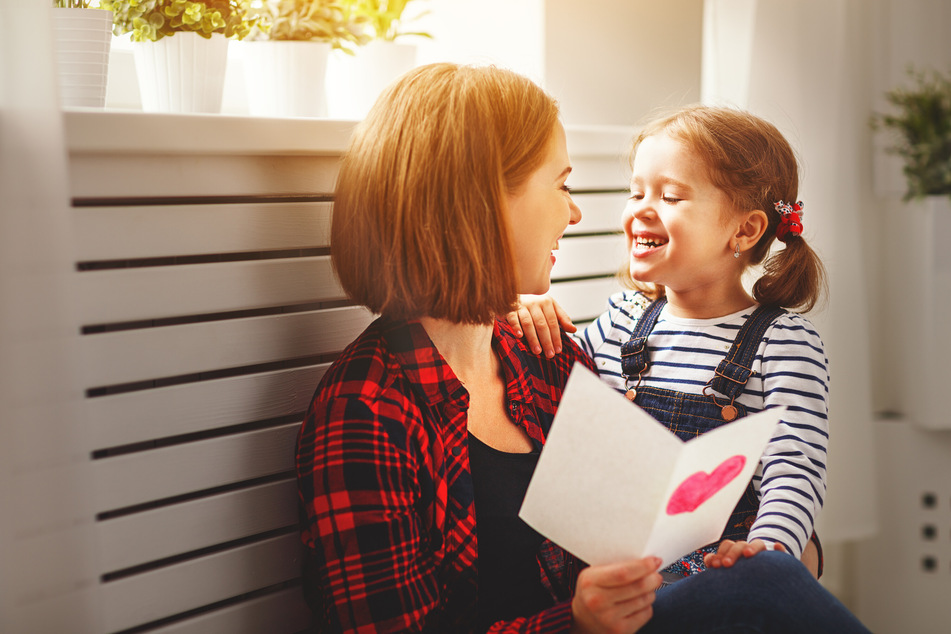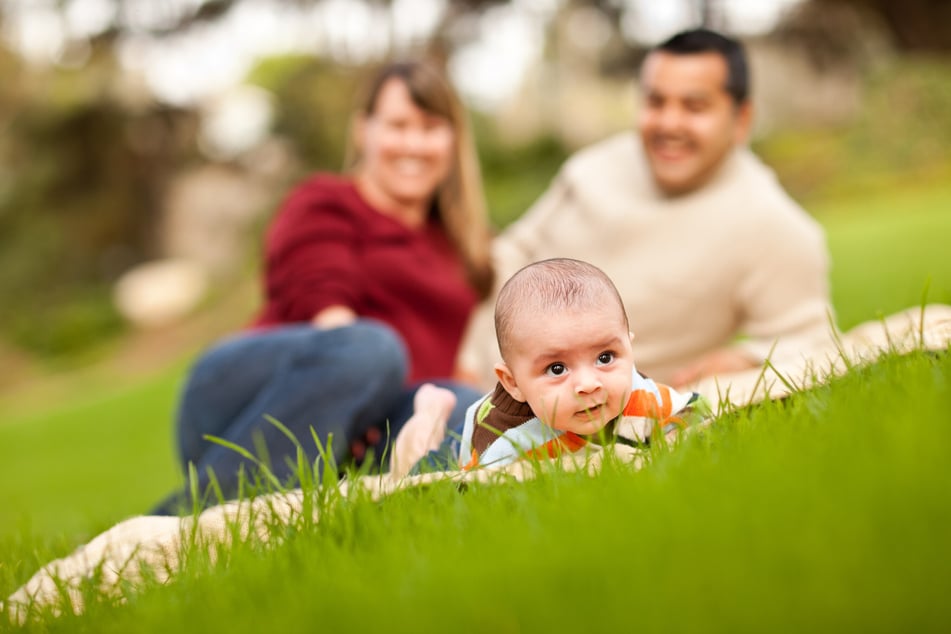How to teach children to be optimists
Teaching a child to be an optimist can help them navigate life's common problems – from bad grades to teenage breakups – and to process their emotions in a productive way. Here's what parents can do to help.

Optimism is a mindset with serious health benefits: It can ward off chronic conditions such as stroke and heart disease, protect against depression, and improve our ability to cope with stress.
An optimistic outlook may even help you live longer.
Not everyone is a born optimist, but it's a skill anyone can learn – and one we should be teaching our children, said Robyn Miller, interim chief of adolescent medicine and paediatric gynaecology at Nemours Children's Health in Delaware.
Here's why optimism is a valuable skill for children and how to teach it.
What is an optimist?

An optimist is defined as someone who sees the positive side of things. Optimists believe things will work out and act based on that belief.
Pessimists expect things to turn out poorly, which may lead them to act in ways that result in the poor outcomes they expect.
"If you're an optimist, you don't just sit there and say everything will work out if you believe it," Miller said. "You continue to move forward as if everything will work out."
Pessimists often never find out whether things could have worked out in their favor.
Running late to the airport? A pessimist may believe there's no way to get there in time and turns the car around for home, eliminating any possibility of a positive outcome.
An optimist may press forward with the journey – and maybe catch the flight, or at least be able to get on a later one.
Why is optimism good?

Optimism is a coping mechanism that helps children and adults process stress in a healthy way.
Optimism is not about ignoring setbacks. Rather, it's a way of processing disappointment or sadness that recognizes these feelings as temporary and acknowledges the potential for change.
For instance, an optimist who misses out on a promotion may take time to feel down, then commit to working hard to try again. A pessimist may take the rejection as a sign of never be good enough and decide it's not worth trying again.
Teaching these skills to children can help them navigate common adolescent and teenage disappointments, such as breakups, sports losses, and not getting cast in the school play.
Children who learn to process their emotions in a productive way grow into well-adjusted, resilient adults.
How can adults teach optimism to children?

Adults can actually teach optimism to kids by modeling optimistic behavior.
Let children feel their emotions. Caregivers are often quick to try to comfort a child who's disappointed by saying that everything is okay, but this can have the unintended consequence of teaching children to not trust their emotions.
Instead, talk to children about how they're feeling and how they want to move forward. This teaches them that they have the power to make good things happen.
Also, don't hide your own emotions. Adults often attempt to hide their emotions to protect children from difficult events, such as job losses, divorce, or a family death. But hiding your emotions only teaches children that they should do the same, Miller said.
Instead, be honest with children about how you're feeling and talk to them about how you plan to process positively despite what you're going through.
"Adults don't give kids enough credit. They're observant and have high emotional IQs," Miller said.
Children may be confused if they sense a problem but their parent or caregiver says that everything is fine. It's better to address the issue, Miller said.
How can I be more optimistic?

Helping children learn optimism may mean picking up some new skills yourself.
- Recognize and acknowledge good things. You may even take a few minutes every day to write down a few things you're grateful for or that went well.
- Believe that you have the ability to bring good things to your life.
- Don't blame yourself when things go wrong. For example, did you burn dinner because you're a terrible cook or because you were distracted or took on a recipe that was too challenging?
- Remind yourself that setbacks are temporary. Make a plan for how to avoid the same setback in the future.
Start seeing your glass as half full rather than half empty, and you may be surprised what good it does for both you and your kids.
Cover photo: 123RF/wavebreakmediamicro

